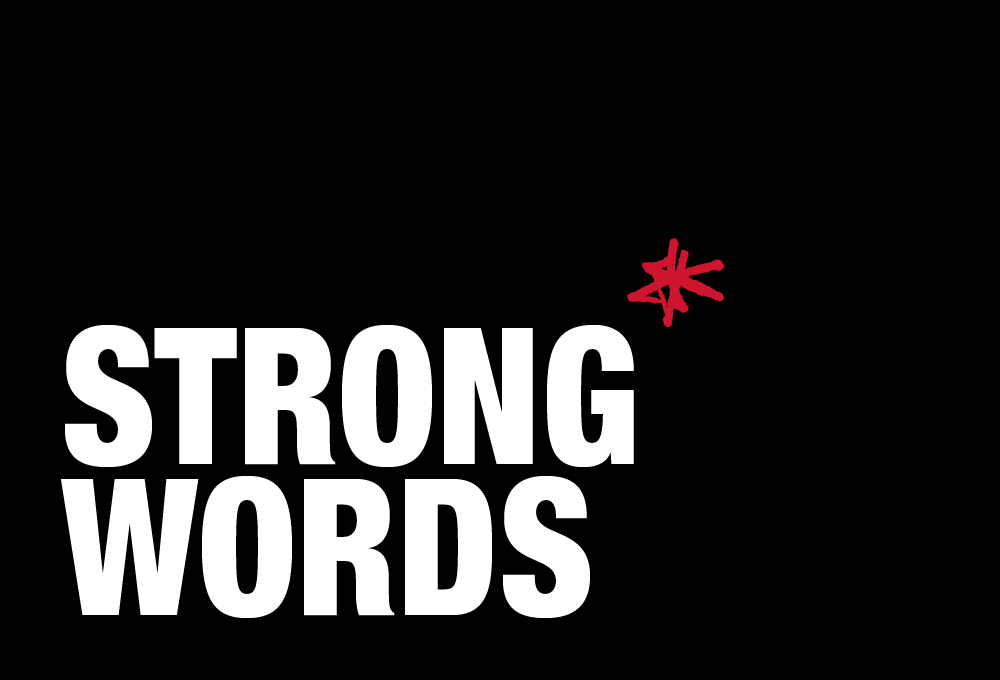The power of language: beyond sound

Last time, we looked at how a message sounds is as important – if not more – than what the message says.
Now we’re going to expand a little on the dynamics beyond the message.
You might recognise some of these extremely popular factoids.
![A swan is strong enough to [blank]](https://www.mark-making.com/wp-content/uploads/2019/10/MM_WebBanners_1000x300px_21_10_19.png)
![Spinach is full of [blank]](https://www.mark-making.com/wp-content/uploads/2019/10/MM_WebBanners_1000x300px_21_10_192.png)
![Communication is 80% [blank]](https://www.mark-making.com/wp-content/uploads/2019/10/MM_WebBanners_1000x300px_21_10_193.png)
![MMR Causes [blank]](https://www.mark-making.com/wp-content/uploads/2019/10/MM_WebBanners_1000x300px_21_10_194.png)
![e-commerce is killing [blank]](https://www.mark-making.com/wp-content/uploads/2019/10/MM_WebBanners_1000x300px_21_10_195.png)
All of these phrases have shaped our reality. But they range from unprovable to downright false.
But their digestibility, their sound, and the way they help us interpret what’s happening in the world allows them to shape our reality.
By accident.
But by using the same principles, we can shape reality in a way that works to your brand’s advantage.
Let’s talk about Trump
Whether or not you like him, Trump is very good at doing something very specific with his campaign slogans.



They’re all short. They all make for excellent crowd chants.
But beyond sounding good, they all serve to do something.
Framing: quite possibly the most important aspect of communications
All of Trump’s slogans – and all his nicknames for his opponents – command the context of conversations.
We call this conversational direction of travel ‘frame’.

‘Lock her up’ – it’s a rallying cry. But it contains far more information than just these three words.
It sets Hilary Clinton up as a criminal. As a problem to be overcome. And it provides a solution.
‘Drain the swamp’ does exactly the same thing, but to the whole American ‘political’ establishment. And ‘build the wall’ is just more of the same.
Short, action-oriented sentences also help frame Trump as a particular kind of person. A do-er. A fixer.
In Britain, this has always been part of our political landscape.
Everyone remembers ‘Labour isn’t working.’
And more recently, we voted to leave the EU because Dominic Cummings correctly judged that people wanted to ‘Take back control.’

(Using a frame that turns an organisation we’ve been a key part of shaping for 50 years into an enemy.)
And it doesn’t just work for politicians
A well-phrased and well-framed line can often be the difference between brand fame and brand obscurity.
Which inspires you more?
Shreddies: the cereal that stops you being hungry all morning.
Or
Shreddies keeps hunger locked up till lunch.
Arguably, any breakfast cereal could’ve made the above claim.
But Shreddies turned a clever slogan into a point of actual market differentiation.
And how about this?
The world’s greatest MP3 player.
Or
A thousand songs in your pocket.
The first one is a me-too non promise. The second is the line on which Apple launched the iPod.
There’s many things this line gets right, but the most fundamental is its choice of frame.
Transforming an MP3 player from a device into a near-invisible access point to your music collection.
With this in mind – why not frame the story you’re telling about your brand in a way that makes you the winner?
And this isn’t just about marketing
This is about communicating with every possible audience.
Remember: your brand probably burns through more words than The Times on any day. But not all of them come from marketing.
They come from suppliers, customers, fans, detractors, competitors, the press, the government, comedians.

You won’t always know who’s talking about your brand, and you can’t always control what they say.
But you can, at the very least, influence the frame – the context – within which they say things.
Three questions to ask yourself
-
Does what we’re saying sound good?
-
Is the frame in which it’s being said beneficial to us?
-
Do we know who’s likely to need to work with this message?
If you can answer all three, you’ll be much better placed to use branding’s most powerful tool to your best advantage.
Written by Josh Anderson
About markmaking*
markmaking*
mark-making* is an award-winning creative agency specialising in branding, campaigns and communications